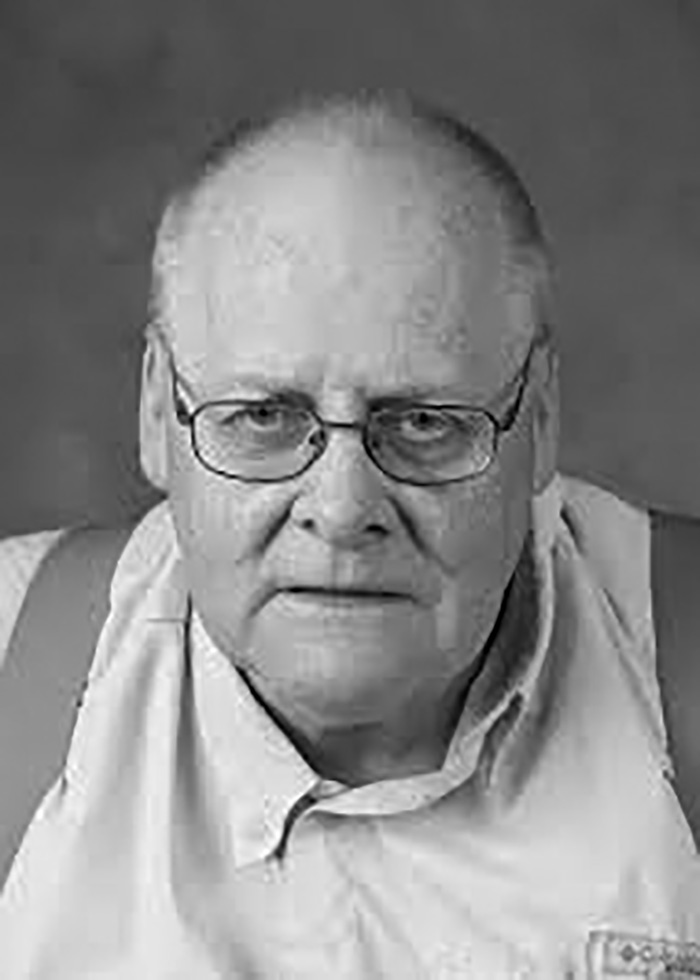OPINION —
On the top of a bookcase in my home office lies a hardcover work called “Books, Books, Books: A Hilarious Collection of Literary Cartoons,” edited by S. Gross and Jim Charlton. I have treasured that book almost since it was published in 1988. One of my favorite cartoons from that source shows a woman employee of a bookstore, talking to a man who is shopping.
The woman asks the man, “What type of book are you looking for?” The man responds: “Nothing thanks. I don’t read books. I just like to be in their presence occasionally.” Former president Jimmy Carter would not answer the flippant way the cartoon man did. As he continues in hospice at his home in Plains, Georgia, Carter can reflect on having published 40+ books after his retirement from the presidency in 1981. What an amazing literary yield.
The statesman from the Peach State would agree with this quote by a fellow Southerner, “Learning to write may be part of learning to read. For all I know, writing comes out of a superior devotion to reading.” So said Eudora Welty, the Pulitzer Prize-winner from Jackson, Mississippi. The following samples from readers address some of Carter’s best-known works.
“The Hornet’s Nest: A Novel of the Revolutionary War” is the first novel penned by a U.S. president or ex-president. It is praised for its depth of research, its fast-moving script and its characters and love story. One fan wrote, “Our history books should be expanded to include more of the story of the South in our Revolution. I am appalled at the lack of history taught in our schools these days.”
Another reviewer said the book was a success but added: “I think Mr. Carter just tried to do too much here, all at once. There were too many characters to keep tabs on, and more to the point, way too many viewpoints. I couldn’t keep track of which character was who and what side they belonged to.”
In “A Full Life: Reflections at 90,” Carter looked at his long life with all its thrills, disappointments and joy. A reader who loved the book wrote, “He is frank about the presidents who have succeeded him, world leaders and his passions for the causes he cares most about, particularly the condition of women and the deprived people of the developing world.”
Although this book was written by a nonagenarian, it was lucid and well-received. However, I found one one-star rating (five-star is the highest). This reviewer wrote: “This autobiography is very tedious to read. It was all so anti-climactic! The lack of overall momentum, along with his repetitious description of the early lifestyle he had, seemed to go on and on without respite.”
“An Hour Before Daylight” had mostly positive reviews; it tells of Carter’s boyhood in segregated rural Georgia. A reviewer wrote: “It is a book about roots and a way of life that is gone, never to return. I had thought President Carter was ‘just a rich farmer’ who decided to go into politics. Now I know better.” Even a critic wrote, “There are decent parts, including thoughts on the realities of living in when racial discrimination was an accepted way of life.”
“Palestine: Peace Not Apartheid” was Carter’s attempt to show evenness in his pursuit for Mideast peace. A contented reader said, “Carter must’ve suspected the flak he would suffer from Israeli lobbyists in this country and surely, he did suffer. Carter is correct in describing Israel’s policies in occupied territories as resembling South Africa’s apartheid regime.”
The pushback was high among Jewish people. An upset reader wrote: “The sketchiness of the narrative enables Carter to amplify information favorable to his position and to omit or downplay unfavorable information. Carter issues a stern indictment against Israel for the treatment accorded Palestinians — the suppression of human rights by physical barriers, checkpoints, etc.”
I counted 40+ books that Carter wrote in 43 years. Carter left the White House in 1981 at age 56. He has had the longest post-presidency. He has accomplished much in four decades after leaving Washington, DC. He was awarded the Nobel Peace Prize in 2002 and used the Carter Center to wage peace, fight disease and build hope. His books have educated and enticed thousands if not millions. He was not at all like the cartoon character who “just likes to be in the presence of books occasionally.” Carter takes reading and writing seriously.
Greg Markley first moved to Lee County in 1996. He has masters degrees in education and history. He taught politics as an adjunct in Georgia and Alabama. An award-winning writer in the Army and civilian life, he has contributed to The Observer for 12 years. gm.markley@charter.net
